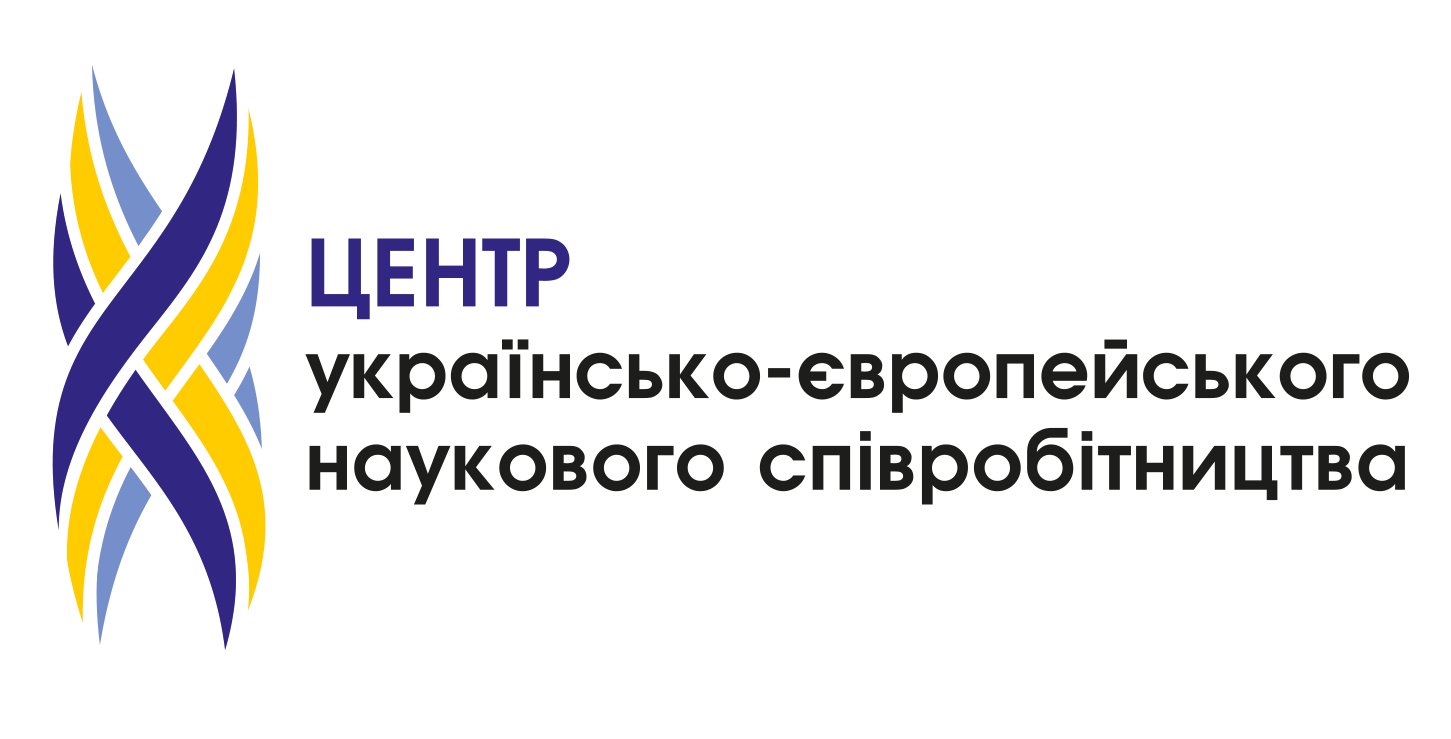 Key features of the Education System
Key features of the Education System
Educational competence
Belgium is a federal state divided in three communities and three regions. Each entity is responsible for various competences.
In Belgium the three Communities are responsible for education, with the exception of three competences, which remained a federal matter:
- the determination of the end and the beginning of compulsory school attendance,
- the minimum requirements for the issuing of diplomas,
- the regularisation of retirement for the employees in the educational system.
Instruction in each community is provided in the language of the community in question.
In the German-speaking Community, the Ministry of Education is responsible for all stages of education starting from pre-primary education. Childcare is a competence of the German-speaking Ministry of Family, Health Care and Social affairs.
Liberty of education and school choice
The liberty of education is determined in the constitution of Belgium. The establishment of schools may not be subject to restrictive measures. Therefore it is possible to establish schools that are not connected to official authorities. Nevertheless, schools that issue recognised diplomas and wish to receive subsidies from the Community have to comply with the legal regulations.
The constitution also guarantees a freedom of school choice for the parents. Parents and children must have access to a school of their choice within reasonable distance of their residence.
Compulsory school attendance
Most children attend kindergarten from the age of 3 years. Compulsory education, however, begins at the age of 6, with admission to primary school. School attendance is required until 15-16 full-time and up to 18-part time. The classical way is that each student goes through three years in kindergarten, six years in primary school and six years in secondary school.
Educational networks
As in the rest of Belgium, the education system of the German-speaking Community distinguishes three school networks.
- Community network (GUW) is the official education system organized and funded by the German-speaking Community.
- Officially subsidized network (OSUW) is organized by the municipalities and funded by the German-speaking Community. In the DG only the Municipal schools form the OSUW.
- Free subsidized education is the school organized by private school and funded by the Community (catholic schools).
The Parliament of the German-speaking Community sets the legal framework for all three school networks.
In the last two networks which are only funded – but not organized – by the German-speaking Community, school administrators enjoy a high level of autonomy, especially with regard to teaching and assessment methods.
The diplomas issued by these both school-networks are recognized as well as the teaching of the Community, but on the condition that they follow the outline plans laid down by the Community.
Pupil guidance centres
Pupils, parents, teachers and school boards may address a pupil guidance centre for guidance, information or advice. The services of these Kaleido-centres are free and can be primarily situated within the following four domains:
- Learning and studying
- School career
- Preventive health care
- Socio-emotional development
Educational Stages of the Education System
Primary education
In Belgium, pre-secondary education comprises both pre-school education and primary education.
- Pre-school education: Most children go to the “Kindergarten” from the age of three onwards, but compulsory school attendance starts only at the age of six with the entry into primary school. Pre-school education supports the versatile formation of children and stimulates their cognitive, motor and affective development.
- Primary education: is targeted at children from 6 to 12 years old and comprises six subsequent school years. A child usually starts primary education when it is six years old and thus obliged to engage in education.
When successfully completing primary education children are granted a certificate.
Secondary education
In Belgium, secondary education is organised for youngsters from 12 to 18. Until the age of 15-16 there is full time and until the age of 18 part time compulsory school attendance.
Fulltime secondary education contains three stages and various types of education.
Each stage consists of two grades. In the third stage of vocational secondary education the successful completion of a third grade is necessary in order to obtain the certificate of upper secondary education. In the first stage of secondary education a common curriculum is offered. Pupils make a choice of study only at the start of the second stage.
From the second stage onwards three different types of education are offered.
In the German-speaking Community a pupil chooses a course of study within one of the following types of education:
- General secondary education (gse), which focuses on broad general education. It does not prepare pupils for a specific profession, but rather lays a firm foundation for higher education.
- In technical secondary education (tse) attention goes in particular to general and technical-theoretical subjects. After tse a youngster may practice a profession or transfer to higher education. This type of education also contains practical training.
- Vocational secondary education (vse) is a practically-oriented type of education in which the youngster receives general education but where the focus primarily lies on learning a specific profession.
In Belgium, a certificate of upper secondary education grants unrestricted access to higher education.
Special needs education
In Belgium, besides mainstream education there also exits special needs (pre)primary and secondary education. Special needs education is organized for children who need temporary or permanent specific support because of a physical or mental disability, serious behavioural or emotional problems or severe learning disabilities.
System of alternating learning and working
In Belgium, when a pupil is 15 or 16 years old (s)he may enter a system of alternating learning and working. All youngsters in part-time education are obliged to take part in learning and working for at least 28 hours a week. Part-time learning and working is organized in:an institution for part-time education and a centre for apprenticeships.
Higher education and Higher vocational education
Only one programme exists in post-secondary non-tertiary education in the German-speaking Community: the supplemental vocational secondary school in medical and health care sciences.
There are only limited possibilities to attend tertiary education in the German-speaking Community. Students are trained to become:
- teachers in pre-primary or in primary school
- nurses
- accountants, banker or insurer
All the organised programmes are bachelor-degrees.
To attend other courses of studies, students have to go to universities in the Belgian inland or abroad.
Lifelong learning
In Belgium, adult education is unrelated to the initial educational career.
The German-speaking Community offers various formations and further education for adults as well.
Course participants may obtain a recognized diploma, qualification or certificate in adult education.
Resource: https://eacea.ec.europa.eu/national-policies/eurydice/content/belgium-german-speaking-community_en









